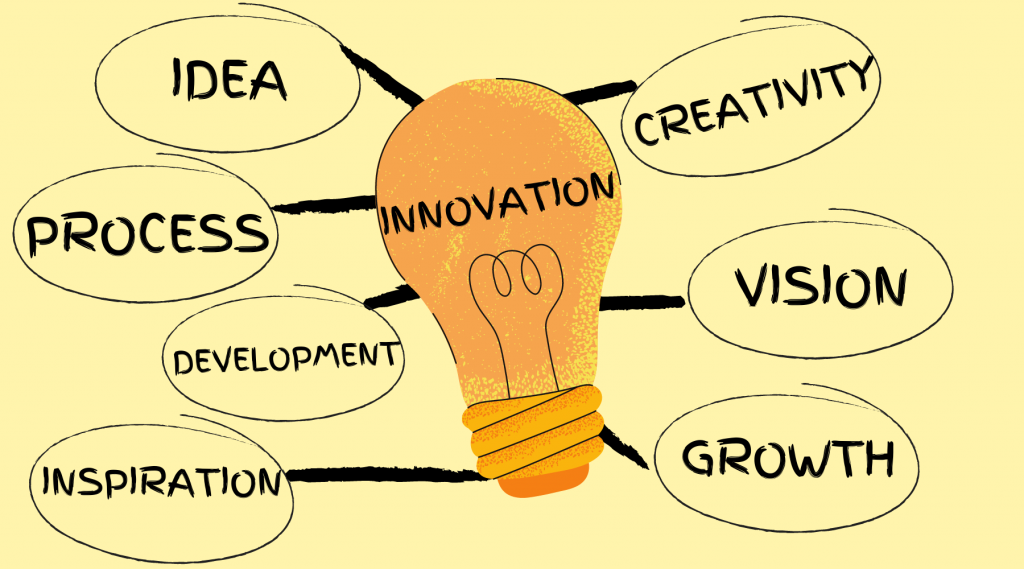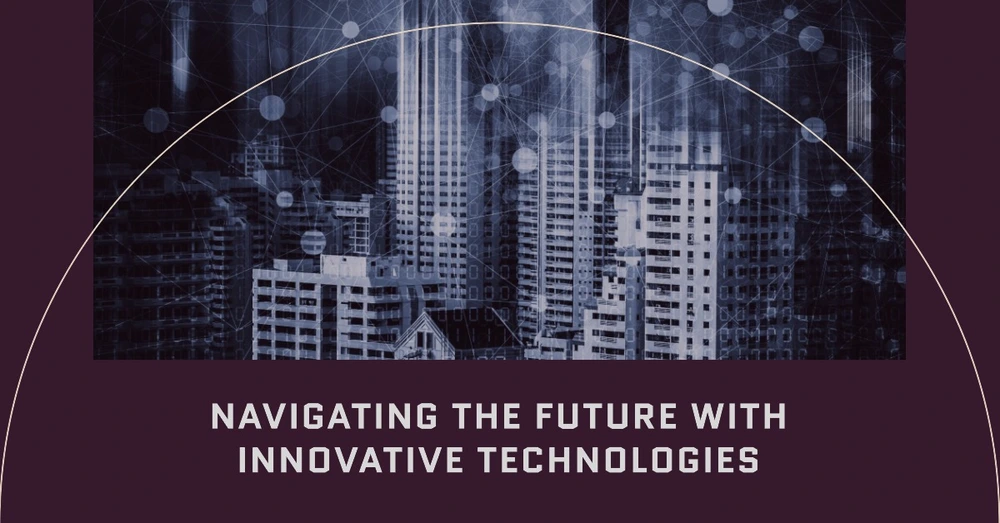Navigating the Future: Exploring the Innovations of 2025
Navigating the Future: Exploring the Innovations of 2025
Introduction
In this auspicious occasion, we are delighted to delve into the intriguing topic related to Navigating the Future: Exploring the Innovations of 2025. Let’s weave interesting information and offer fresh perspectives to the readers.
Table of Content

Navigating the Future: Exploring the Innovations of 2025
The year 2025 represents a pivotal moment in technological advancement, ushering in a new era of possibilities across diverse sectors. This period is characterized by the convergence of various technological trends, each contributing to a rapidly evolving landscape.
The Convergence of Technologies:
The advancements of 2025 are not isolated events but rather the culmination of years of research and development in areas like artificial intelligence (AI), the Internet of Things (IoT), blockchain, and quantum computing. These technologies are increasingly interconnected, creating powerful synergies that drive innovation across industries.
AI: From Automation to Augmentation:
Artificial intelligence is no longer a futuristic concept; it is becoming an integral part of our lives. By 2025, AI will have moved beyond basic automation tasks and transitioned into a realm of augmented intelligence. This means AI will be used to enhance human capabilities, providing insights and assisting in decision-making across various fields.
- Personalized Experiences: AI will be used to tailor experiences to individual preferences, from personalized recommendations in shopping and entertainment to customized healthcare plans.
- Enhanced Productivity: AI-powered tools will automate repetitive tasks, freeing up human workers to focus on more complex and creative endeavors.
- Data-Driven Decision-Making: AI will analyze vast datasets to identify patterns and trends, enabling more informed decisions in areas like finance, marketing, and public policy.
The Internet of Things: Connecting the Physical and Digital Worlds:
The Internet of Things (IoT) is rapidly expanding, connecting billions of devices to the internet. This interconnected network of devices is transforming industries by creating new opportunities for data collection, analysis, and automation.
- Smart Cities: Cities are becoming increasingly interconnected, with smart sensors monitoring traffic flow, energy consumption, and public safety.
- Industrial Automation: IoT enables real-time data collection and analysis in manufacturing, leading to increased efficiency and optimized production processes.
- Connected Healthcare: Wearable devices and remote monitoring systems are revolutionizing healthcare, enabling personalized health management and early disease detection.
Blockchain: Building Trust and Transparency:
Blockchain technology is revolutionizing how we manage data and transactions. This decentralized ledger system provides a secure and transparent platform for recording and verifying information.
- Secure Transactions: Blockchain enables secure and transparent financial transactions, reducing fraud and enhancing trust.
- Supply Chain Management: Blockchain can track goods throughout the supply chain, ensuring transparency and accountability.
- Digital Identity: Blockchain can be used to create secure and verifiable digital identities, streamlining authentication processes.
Quantum Computing: Unleashing Unprecedented Processing Power:
Quantum computing is a revolutionary technology with the potential to solve complex problems that are beyond the capabilities of classical computers.
- Drug Discovery: Quantum computers can simulate complex molecular interactions, accelerating drug discovery and development.
- Materials Science: Quantum computing can be used to design new materials with enhanced properties.
- Financial Modeling: Quantum computers can analyze complex financial data, enabling more accurate risk assessments and investment strategies.
The Impact of these Innovations:
The convergence of these technologies will have a profound impact on various aspects of our lives, driving advancements in:
- Healthcare: Personalized medicine, early disease detection, and improved patient outcomes.
- Education: Personalized learning experiences, accessible education resources, and enhanced teaching tools.
- Transportation: Autonomous vehicles, smart traffic management systems, and enhanced mobility solutions.
- Manufacturing: Increased efficiency, reduced waste, and customized production processes.
- Finance: Secure and transparent financial transactions, improved risk management, and enhanced investment strategies.
Navigating the Future:
As we move into the era of 2025 and beyond, it is crucial to understand and embrace these technological advancements. This requires a proactive approach to education, training, and adaptation to ensure a smooth transition into this new world.
FAQs:
Q: What are the biggest challenges facing these technologies?
A: The development and implementation of these technologies present challenges such as:
- Data Privacy and Security: Ensuring the responsible use and protection of data generated by these technologies.
- Ethical Considerations: Addressing potential biases and unintended consequences of AI and other technologies.
- Infrastructure Development: Building the necessary infrastructure to support the widespread adoption of these technologies.
- Workforce Development: Training and upskilling the workforce to adapt to the changing job market.
Q: What are the potential benefits of these advancements?
A: The benefits of these advancements are numerous and far-reaching, including:
- Improved Efficiency and Productivity: Automation and AI can streamline processes and enhance productivity in various sectors.
- Enhanced Quality of Life: Technologies like AI and IoT can improve healthcare, education, and transportation, leading to a better quality of life.
- Economic Growth: These technologies create new industries, jobs, and opportunities for economic growth.
- Sustainability: Technologies like AI and IoT can be used to monitor and manage resources, promoting sustainability and environmental protection.
Tips:
- Embrace Continuous Learning: Stay updated on the latest technological advancements and their implications.
- Develop Adaptable Skills: Acquire skills in areas like data analysis, programming, and problem-solving, which are highly valuable in a technology-driven world.
- Be Open to Change: Embrace new technologies and adapt to the evolving job market.
- Engage in Ethical Discussions: Participate in discussions about the ethical implications of AI and other technologies.
Conclusion:
The year 2025 marks a significant turning point in human history, driven by the convergence of transformative technologies. By understanding and embracing these advancements, we can navigate the future with confidence, harnessing their potential to create a more prosperous, sustainable, and equitable world for all.








Closure
Thus, we hope this article has provided valuable insights into Navigating the Future: Exploring the Innovations of 2025. We appreciate your attention to our article. See you in our next article!